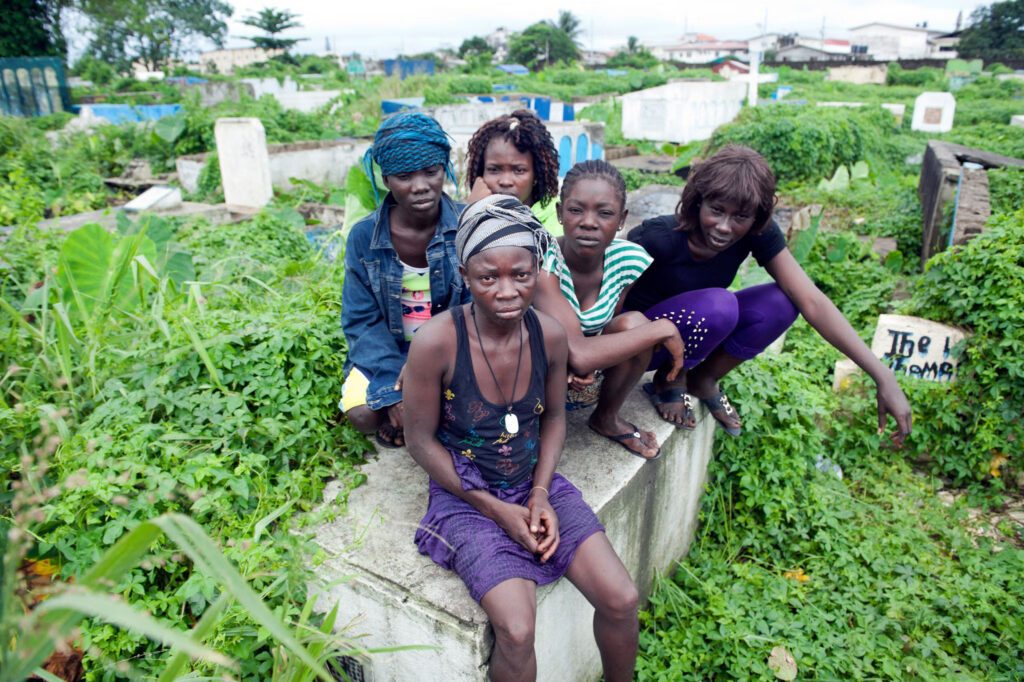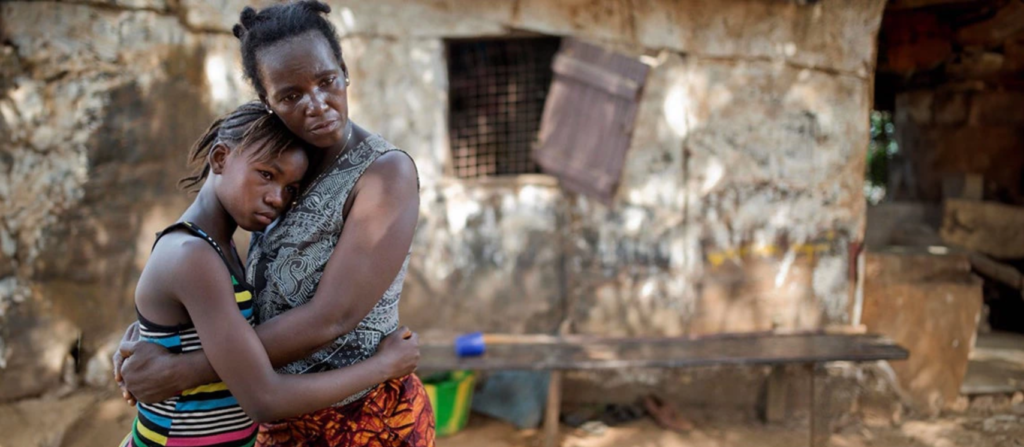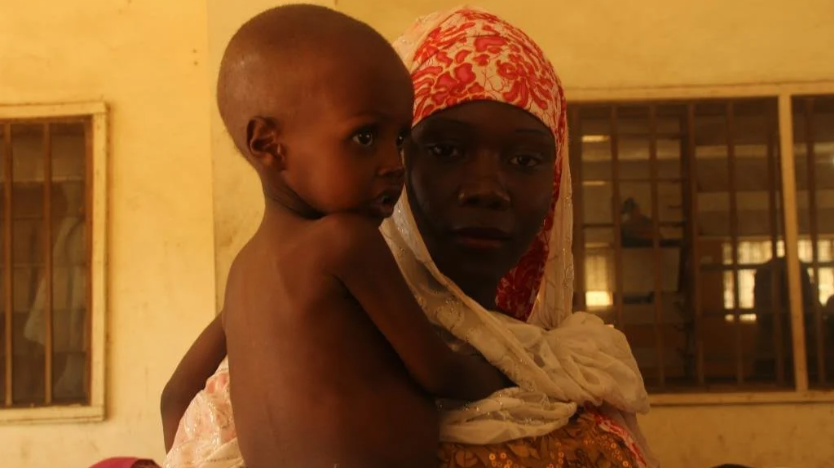In the bustling streets of Monrovia, Liberia’s capital, the sight of children weaving through traffic, begging for alms, or scavenging through garbage has become all too familiar. These are the street children and abandoned youths of Liberia, a generation largely forgotten by society and marginalised by a nation struggling to rebuild after decades of conflict. Their plight is a glaring indictment of a country grappling with persistent poverty, inadequate social services, and the lingering aftershocks of civil war.
The figures are staggering. A 2022 survey by the Ministry of Gender, Children and Social Protection (MGCSP) and UNICEF found that 366,584 children were living in “street situations” in a country with a population of just over five million. Liberia’s weak social safety net exacerbates the plight of these children. The MGCSP, tasked with child welfare, is severely underfunded and understaffed. In 2022, the national budget allocated 0.5 per cent of government expenditure to social protection, a sum grossly inadequate to meet the needs of the country’s most vulnerable populations. As a result, NGOs and international organisations fill the void, but their commendable efforts are insufficient to stem the tide of children ending up on the streets.
Life on the streets is harsh. Street children, often referred to as “zogos” in Liberia, are exposed to a litany of dangers. Many are preyed upon by criminal gangs and drawn into a world of petty crime, drug abuse, and violence. Street children in Liberia have engaged in some form of criminal activity, often under duress or in exchange for basic necessities such as food and shelter. Moreover, these children face severe health risks. Malnutrition is rampant, with UNICEF reporting that Liberia has high levels of childhood malnutrition, with a third of children under 5 stunted and 6 per cent acutely malnourished. The lack of access to clean water and sanitation facilities exacerbates their vulnerability to diseases like cholera and typhoid. Additionally, the spread of HIV/AIDS among street children is a growing concern, with limited access to healthcare services further endangering their lives.
Education, a potential lifeline, remains out of reach for most street children. The government’s free primary education policy has done little to benefit these children, who are often unable to attend school due to the need to earn a living or the stigma associated with their status. As a result, literacy rates among street children are low, with over 210,000 out-of-school children. The human cost of Liberia’s street children crisis extends beyond the immediate suffering of the children themselves. It is a problem that threatens the very fabric of the nation’s future. A generation of children growing up on the margins of society without access to education, healthcare, or basic protection is a generation at risk of perpetuating the cycle of poverty and violence that has plagued Liberia for decades.
Addressing the plight of Liberia’s street children requires more than just piecemeal interventions; it demands a comprehensive, multi-faceted approach. The government must prioritise child welfare in its policy agenda, increasing funding for social protection programmes and ensuring that the Ministry of Gender, Children and Social Protection has the resources to safeguard vulnerable children effectively. International donors and NGOs have a crucial role to play as well, but their efforts must be better coordinated with the government to ensure that interventions are sustainable and tailored to the specific needs of Liberia’s street children. The Network for Empowerment Progressive Initiatives (NEPI) is making significant strides in ensuring that youth are taken off the streets and allowed to lead productive lives through its Sustainable Transformation for Youth in Liberia (STYL) programme. NEPI’s approach is holistic, targeting hardcore street youth with a comprehensive support system that includes cognitive-behavioural therapy (CBT) and counselling, crucial elements for addressing the underlying issues that drive these youths to anti-social behaviours. By providing these young individuals with the tools they need for social reintegration, coupled with financial support in the form of cash transfers, NEPI is empowering them to take control of their lives. These interventions encourage youth to participate actively in CBT, abandon anti-social behaviours, and gradually reintegrate into their communities. The programme also focuses on practical outcomes, such as helping youths open bank accounts and start new businesses, which not only fosters their financial independence but also contributes to the broader goal of creating safer communities. NEPI’s work underscores the belief that with the right support, even the most marginalised youth can transform their lives, making a positive impact on society as a whole.
In response to the alarming rise in the number of street children in Liberia, President Joseph Nyuma Boakai recently launched the “Street Child Project,” a bold initiative aimed at addressing the root causes of this crisis and providing long-term solutions for the country’s vulnerable youth. Drawing from his own experiences of a difficult childhood, President Boakai emphasised the importance of addressing issues like corruption and resource misuse, which have contributed to the abandonment of thousands of children. The project, titled “Support A Child, Save The Future,” is spearheaded by the MGCSP and aims to remove over 7,000 children from street situations within five years. The pilot phase, focusing on Montserrado County, will target the removal of 7,698 children while also empowering mothers and caregivers to ensure a holistic approach to child welfare. This initiative reflects the government’s commitment to safeguarding the well-being of Liberia’s future generations and tackling the challenges that keep children on the streets.
The challenges are immense, but they are not insurmountable. Liberia’s street children deserve more than just survival; they deserve the opportunity to thrive. As the country continues to rebuild and move towards a more stable future, it must not forget the most vulnerable members of its society. The fate of Liberia’s street children is inextricably linked to the fate of the nation itself. In their eyes lies the promise of a better tomorrow, one that can only be realised if Liberia takes decisive action today.



